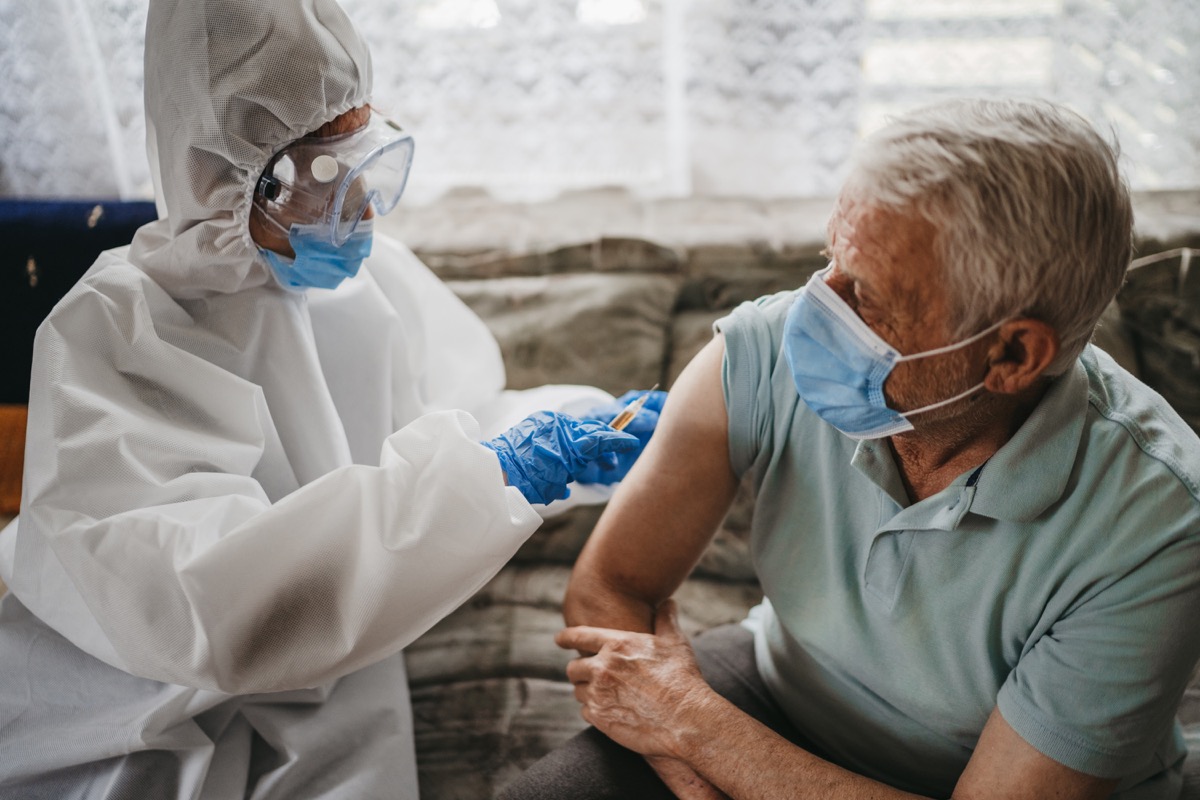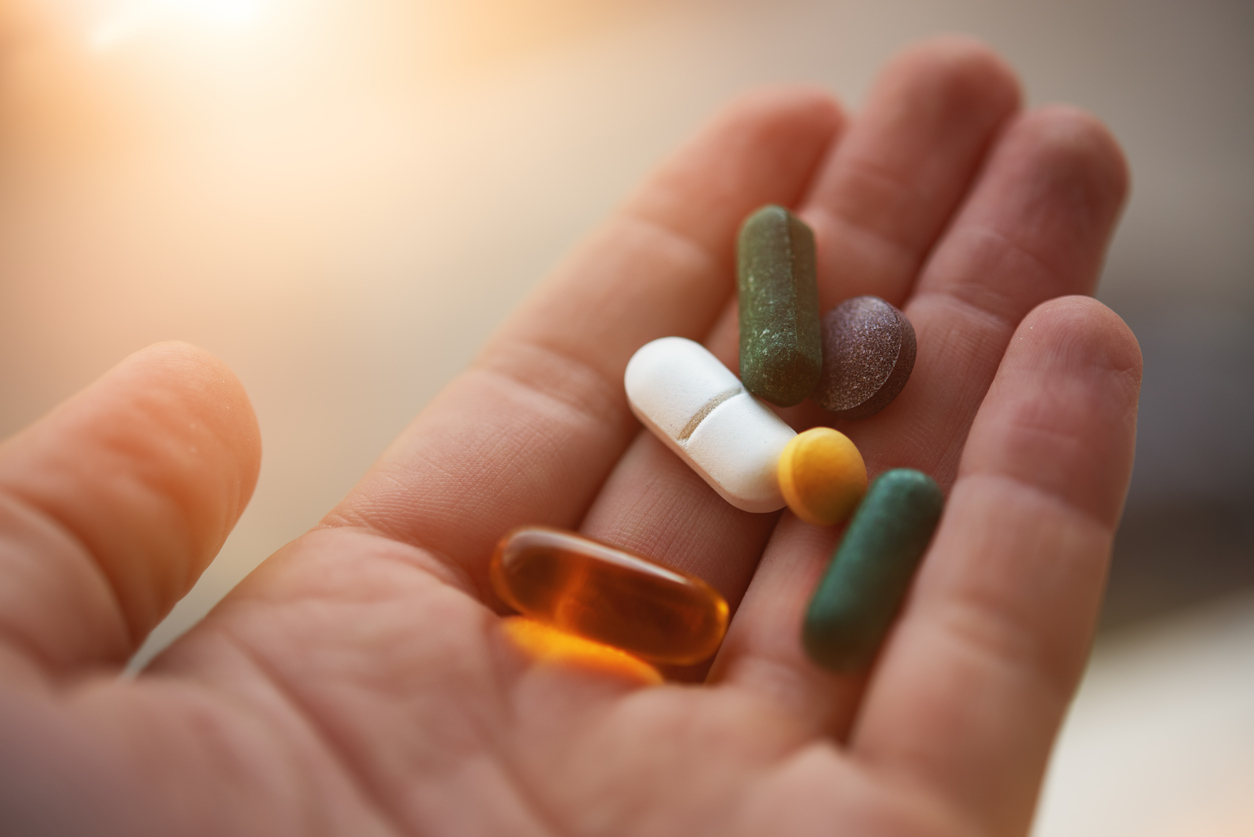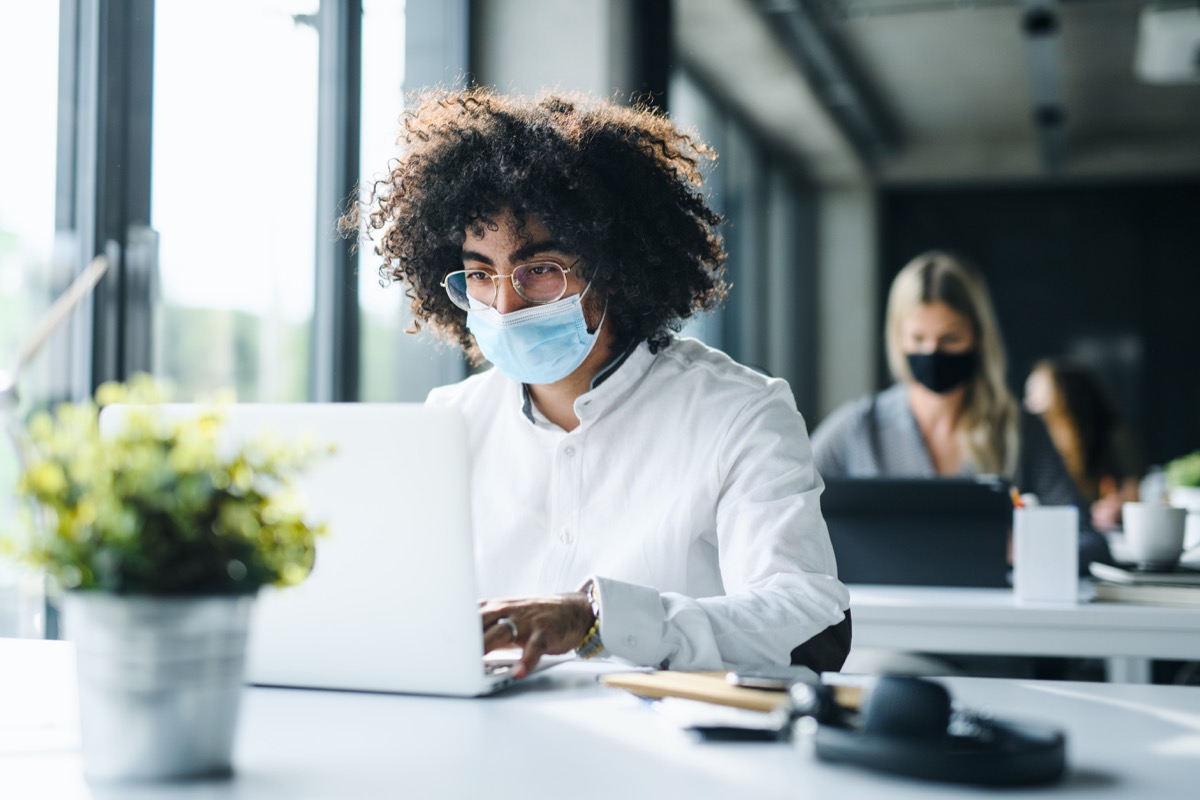A recent study published in the American Journal of Respiratory Cell and Molecular Biology reveals that vaping can alter the immune function in e-cigarette smokers, potentially making them more likely to become infected with coronavirus. Meghan Rebuli, PhD, the study’s lead author and an assistant professor in the UNC Department of Pediatrics, explained in a statement that the study’s findings “[suggest] that e-cigarette users are likely more susceptible to respiratory viruses than are non-smokers, and this likely includes SARS-CoV-2, the virus that causes coronavirus disease 2019 (COVID-19).” In terms of the efficacy of a COVID vaccine among smokers, there’s bad news, too. Levels of anti-LAIV IgA in nasal secretions—a possible indicator of immunity to a virus following infection—increased among non-smokers studied following an illness. However, the same wasn’t true of those who used e-cigarettes or tobacco cigarettes. “This is not good,” explained study co-author Ilona Jaspers, PhD. “We want to see IgA levels increase during infection. It’s the body’s natural way to defend against an invader.” Rebuli added that, while there isn’t yet conclusive data regarding how a COVID vaccine would affect e-cigarette users, the reduced immune response and IgA levels among that population could mean trouble for vapers post-vaccine. “We know we never want to see suppression of genes, proteins, and antibodies involved in our immune response. And this is what we see in our data related to smoking and e-cigarette use,” explained Rebuli. Vaping isn’t the only habit that may affect your COVID risk or immunity, however—read on to discover which other habits could make you more susceptible to coronavirus. And for more news on the COVID vaccine, Dr. Fauci Says This Many People Need to Get Vaccinated to Stop COVID. Read the original article on Best Life. If you want to reduce your COVID risk, washing your hands isn’t enough. According to recent research, there’s a “hidden reservoir” of disease right at your fingertips. According to Albert Wu, MS, and Shari Lipner, MD, PhD, co-authors of a recent study published in the Journal of the American Academy of Dermatology, “Fingernails may act as reservoirs for viruses that are transmitted to the oral-nasal mucosa,” meaning it’s in your best interest to stop biting your nails and keep them short. And if you’re worried about your COVID risk, read up on How Bad the COVID Outbreak Is in Your State. Fido may be man’s best friend, but he could be your worst enemy when it comes to COVID, too. A study conducted by researchers at the University of Granada (UGR) and the Andalusian School of Public Health in Spain found that individuals who had a dog at home were 78 percent more likely to develop COVID than their counterparts without canine companions, likely due to the time spent in public and socialization associated with dog ownership. And if you’re concerned you could have been infected, beware that If You Notice These 3 Strange Symptoms, You May Have COVID, Study Says.ae0fcc31ae342fd3a1346ebb1f342fcb Whether you’re getting it through sunlight or supplements, vitamin D may play an important role in beating COVID. According to an Oct. 2020 study published in The Journal of Clinical Endocrinology & Metabolism, 82 percent of individuals studied with COVID also had a vitamin D deficiency, while additional research suggests that vitamin D supplementation may lessen the severity of the disease. And for the latest in COVID news, sign up for our daily newsletter. If your office allows you to work from home, you might want to take them up on it. According to a Nov. 6 report published in the Centers for Disease Control and Prevention’s (CDC) Morbidity and Mortality Weekly Report (MMWR), going into a physical workplace more than doubled a person’s risk of developing COVID. And if you’re worried you could already be sick, read up on how These 4 Easy-To-Miss Symptoms Could Mean You Have COVID, Experts Say.




